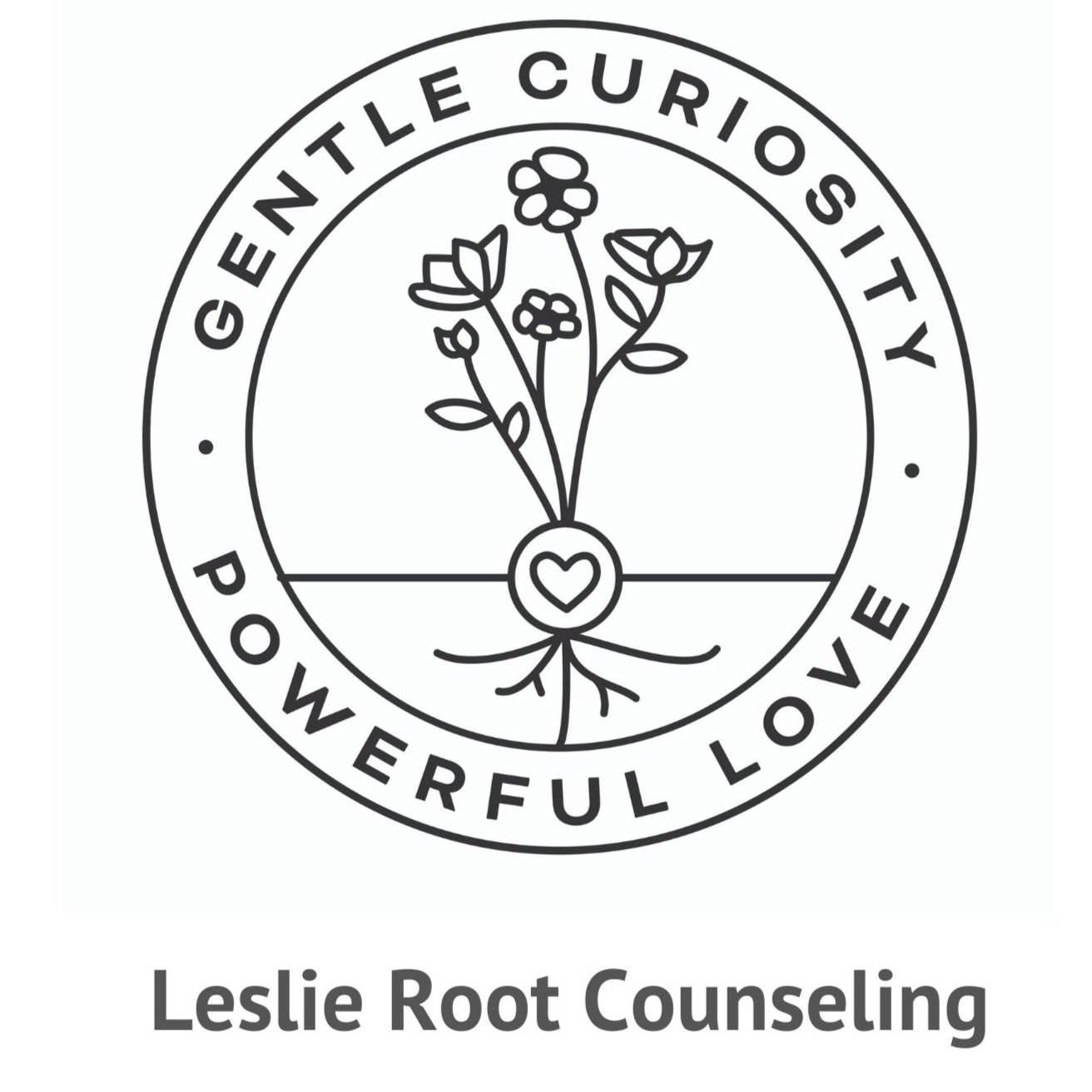Breaking Free of Power Struggles
Power in Relationships
Many of us would reflect on our childhoods as “not that bad” or “pretty good” however, we may still be struggling with relational wounding connected to conditioning from our childhood. Our parents, while good intentioned (or sometimes not), taught us love is transactional, unsafe, or not even available to us. You may wonder why this matters now? Well think of your brain and learning style as a smart phone, you have downloaded many apps on how to relate, how to receive love, and what you need to do to get love. These apps are learned so early that they are the template for your later love style in relationships, and are largely subconscious. Here are 3 ways you may be dealing with power plays in relationships.
Transactional Love
Signs you struggle with this: you or your partner goes tit for tat. Your own personal worth is built on what you can do, who you can care for or what you bring to relationship. You lack the ability to see your worth and power as innate your birthright. Love feels like duty or you believe if only you do enough you will be seen.
Family of Origin Characteristics: You cared for the parents’ needs, or at least got very good at anticipating them. You cared for the other children in your family or were highly rewarded with praise/love/adoration when you did. You were the couple’s therapist for your parents. The children in your family were not taught how to value themselves and instead were taught to compete, perform or outdo each other. Love was not readily available, things were geared to meet the needs of the parents not the parents loving and rearing the child.
The Way Out: address core issue number one, appropriate levels of self-worth. Knowing you are worth-while even when you are not performing. Practicing affirmations of self and addressing the unresolved belief system conditioned for your early in life.
Walling Off or Protective Stance
Signs you Struggle with it: Large age, education or financial disparity in your relationship. Having a relationship where things are not equal or where one person is clearly mismatched with the other (financially, emotionally, chronologically, intellectually, socially). People in healing professions sometimes gravitate towards this. One person is the caregiver while the other is unable to stand on their own two feet or one person appears to be more powerful than the other (this can be deceiving as both parties are liking expressing power plays in the relationship i.e. the helper and the helped).
Family of Origin Characteristics: May have been a helper yourself or witnessed a parent helping. May have grown up in a family with unequal contributions (one alcoholic parent one caretaking parent etc). Finances may have been used as a way to wield power or hold power over another. Or one caregiver might have seen their worth as primarily financial.
The Way Out: separate the helping from the relationship. If you are in a relationship with a person who struggles with addiction seek group or 12-step support. Seek therapy to separate worth from your ability to help or caretake. Identify tendencies towards love addiction or love avoidance. Heal family of origin trauma and work towards re-parenting the self.
Bandaging or Cinderella Syndrome
Signs you Struggle with it: Believe that finding a partner will somehow make everything OK and you will live happily ever after. We may become who we believe the other person wants us to be and when they are ours we may believe we can finally be our true selves only to find out when we are our true selves the other wishes us to go back to the way we were. You may be looking for another to affirm or uncover your “true potential” or “true self” however the wound from within cannot be healed by another.
Family of Origin Characteristics: abandonment by opposite sex parent emotionally, physically or both. Abandonment by caregivers emotionally, physically or both. Family may be focused on one or several other siblings (not you), due to illness, behavioral issues or other stressors. As a child you likely felt lost or forgotten at times or scapegoated. You may have been affirmed for not needing too much or taking up too much space.
The Way Out: Stop using romantic relationships as bandages and make self-healing and re-parenting the self a priority. Engage in activities that meet needs and wants (passions). Engage in group support (therapeutic or 12-step) that encourages self-love, boundaries and expressing moderation and balance in all things.
